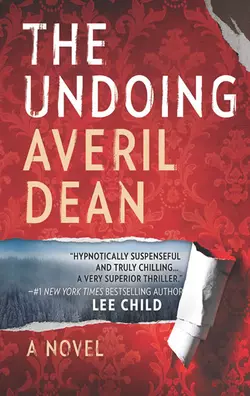The Undoing

Averil Dean
Тип: электронная книга
Жанр: Триллеры
Язык: на английском языке
Стоимость: 308.29 ₽
Статус: В продаже
Издательство: HarperCollins
Дата публикации: 16.04.2024
Отзывы: Пока нет Добавить отзыв
О книге: On a bitter January evening, three people are found murdered in the isolated Blackbird hotel.Best friends since childhood, Eric, Rory and Celia have always been inseparable. Together they’ve coped with broken homes and damaged families, clinging to each other as they’ve navigated their tenuous lives. Their bond is potent and passionate—and its intensity can be volatile.When the trio decides to follow Celia′s dream of buying and renovating the Blackbird, a dilapidated hotel that sits on the perilous cliffs of Jawbone Ridge, new jealousies arise and long-held suspicions start to unravel their relationship. Soon they find themselves pushed to the breaking point, where trust becomes doubt, longing becomes obsession, and someone will commit the ultimate betrayal.An unflinching story of ambition, desire and envy, The Undoing moves backward through time to tracethe events leading to that fateful night, revealing the intimate connections, dark secrets and terrible lies that wove them together—and tore them apart.“Smart, gripping and thoroughly absorbing. Dean’s The Undoing had my brain twisted for hours.” —New York Times bestselling author Chelsea Cain